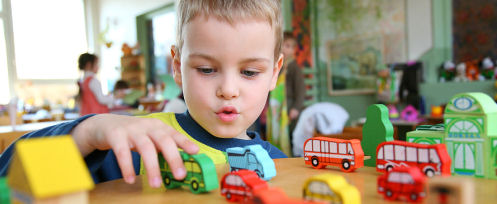Early Help service
There are times when children, young people and families need extra help. Someone might offer this to you, but other times you might want to ask for it.
What is early help?
Early help is a way of getting extra support when your family needs it, but getting it as soon as difficulties start, rather than waiting until things get worse. It’s for children and young people of any age.
Help can come from all kinds of services and organisations who work together to support your family. You might be using some of these services already, but we want to make sure they are providing the right support for you and your family’s needs.
Why would I seek early help?
It could be that you’re worried about your child’s health, development or behaviour, or perhaps because you are caring for a disabled child. Maybe your child is affected by domestic abuse, drugs or alcohol. Perhaps your child is a carer for other people.
Who do I ask?
Have a chat with a teacher, health professional or support worker – they can help you look at what types of support are available and who might be able to help. You can also make the request for an Early Help Assessment yourself.
Your local children, young people and families centre also has lots of services and support for families with children, some especially for children with extra needs.
What sort of services or help do I get?
It depends on what you need and might include services you already get. We will agree it with you and make sure it all joins up. Here’s just a few examples:
- Education and Early Learning
Schools, Stay and play, Talking Toddlers, Peekaboo, Bookstart Corner, Let’s get cooking - Family and young people support
Youth support, Parenting groups, Drop-in sessions, Domestic violence support, Groups for male carers/dads, Behaviour - Advice and welfare
Education welfare Housing advice Benefits advice Adult learning - Health
Health visitor, midwifery, school nurse, drop in clinics, GPs
What happens if I ask for an early help assessment?
You will be fully involved and we will listen to you. It may be that we just talk to you and point you to the support you want.
If it’s a bit more complicated, we’ll need to ask you for information that we write down or type. This is so we can get the right information and share it (if you agree) with people who need to know, so we can better understand your circumstances and match up services that would help you out the most. You’ll get a plan showing what you want to achieve and the support you need.
Can I say no to an early help assessment?
Yes you can. But we would like to stay in contact with you in case your circumstances alter or you change your mind.
Does it mean social services will get involved?
No. If in the future your circumstances change and it becomes a possibility, we will keep you involved and work with you so that you understand what is happening and why.
What happens when I stop receiving early help services?
We want you to become confident and able to find your own solutions and take responsibility for your family. You can continue to use all services that are open to families and children, and if your needs change then please ask us for further help if you need it.
Related links


